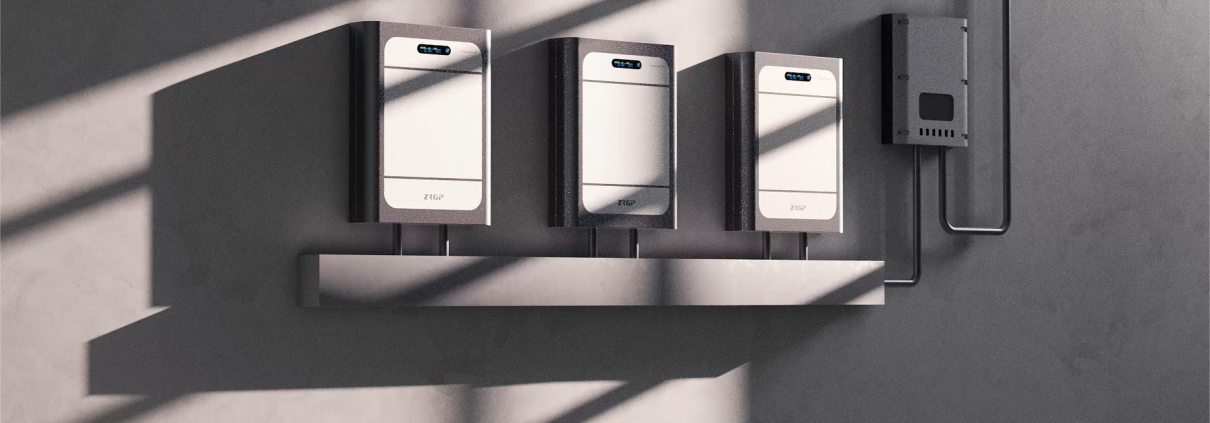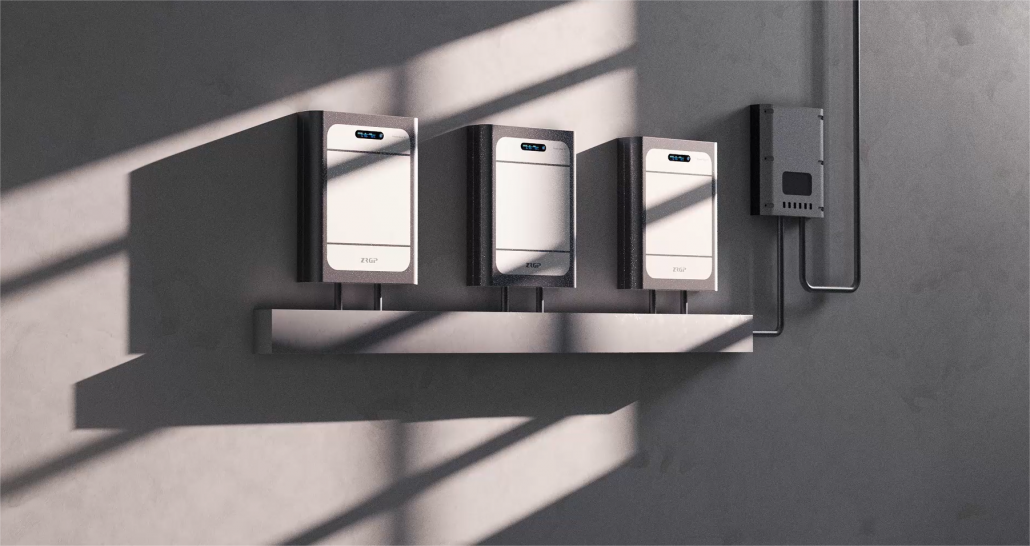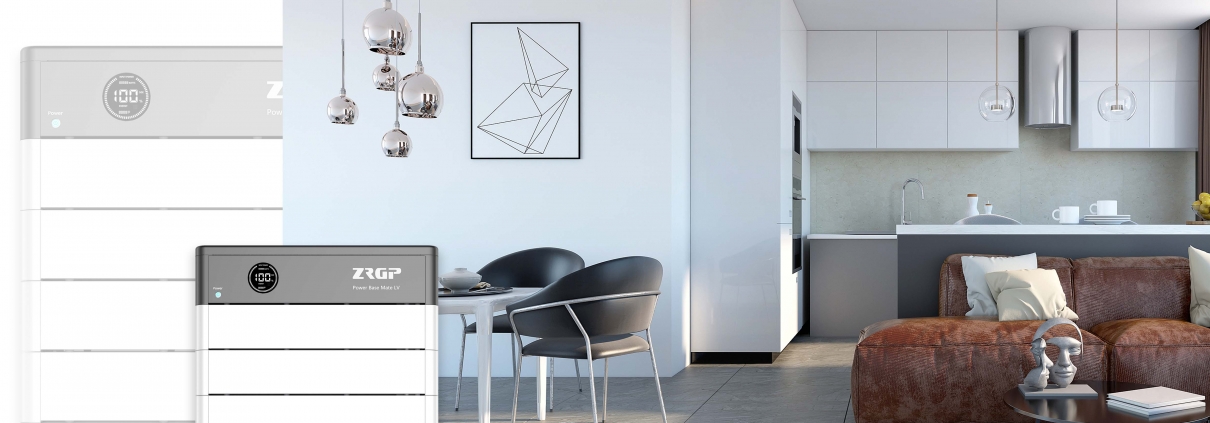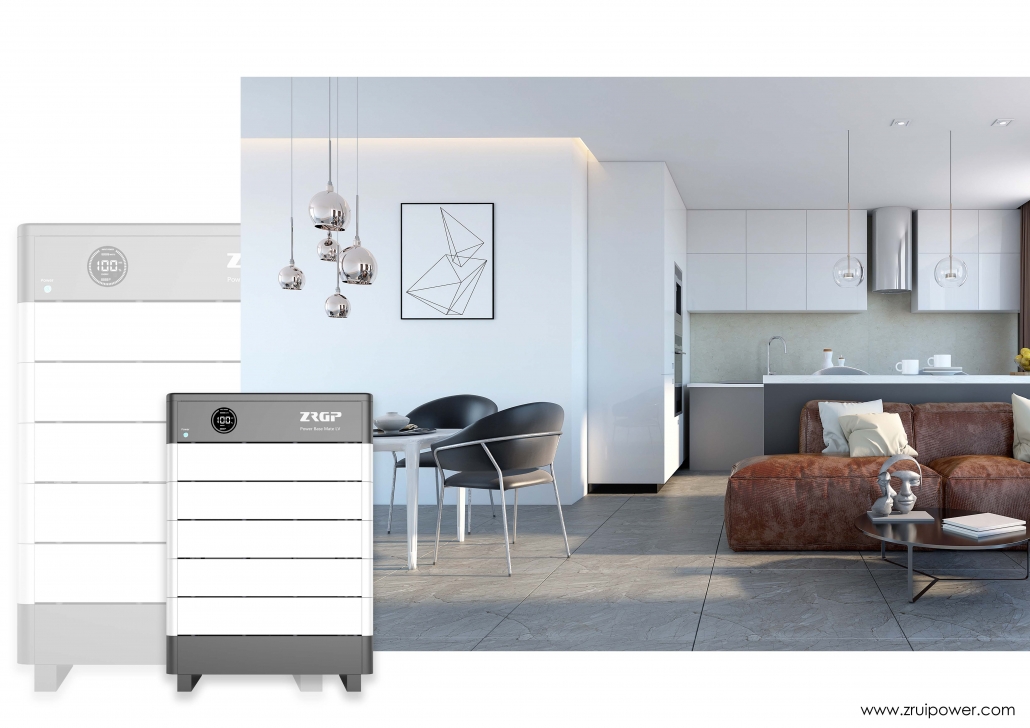Can you use Home Battery Storage without solar panels?

Even if you don’t have a solar power system, you may still be able to increase your energy independence — and protect yourself during power outages — with battery storage.
We will explain how that’s possible, looking at the benefits and disadvantages of having a battery without solar panels, and outline how you can add a solar array later.
Does a battery work without solar panels?
A battery can absolutely work without solar panels. You can use a storage battery to store electricity from the grid.
You can use power from the grid when it’s cost-effective but then switch to battery power during times of peak demand when electricity costs more. Over time, this can help reduce energy costs and keep utility expenses as low as possible.
What are the benefits of a lone battery?
- You can avoid the higher costs of electricity during peak times — by charging your storage battery when demand is lower, you can use this electricity in the evening and avoid paying peak demand prices.
- Reduces strain on the grid — using stored electricity during peak demand not only saves you money but also puts less pressure on the grid, which means fewer power outages for everyone.
- Increases energy independence — not all homes can have solar panels, but you can still get a storage battery to give you more control over the energy you use.
Can you add solar panels to your battery later on?
Yes, you can add solar panels to an existing battery system. It isn’t even that difficult — it’s just a matter of hooking up your new solar panels to the battery.
We recommend using a professional to install and connect your solar panels to your battery system, because of the risk of damage to yourself or the products.




